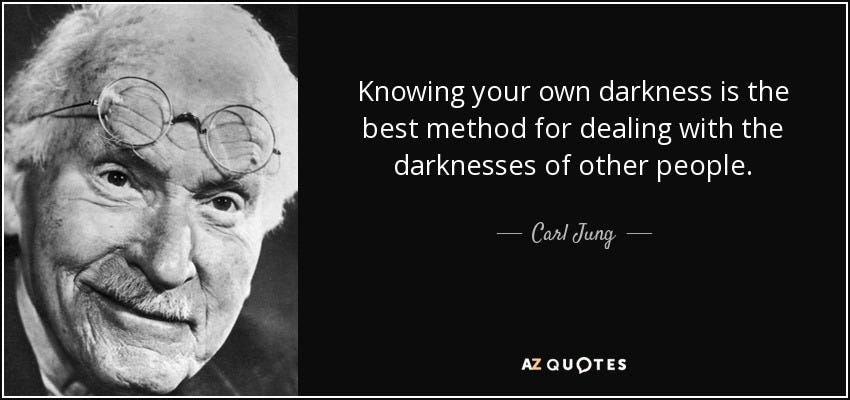Morality/Nietzsche
The idea that ‘the ruled always took the morality imposed upon them more seriously than did the rulers themselves’ (Adorno & Horkheimer) is used to condemn — and to justify — the immorality of the elite. In his critique of morality, Nietzsche goes one step further than justification, arguing that the establishment of morality within the masses requires immorality on behalf of its leadership.
As we’ve seen previously, Nietzsche distinguished between the gregarious masses (the herd) and the independent elite (the beast of prey). Despite his disparaging assessment, he argues that the herd are not pathological ‘per se’, but rather, ‘invaluable’. The problem is, they’re ‘incapable of self-direction and must have a “shepherd”’ — whose qualities are the opposite of the herd:
My philosophy aims at the establishment of hierarchy, not at that of an individualistic morality. The herd mentality should prevail within the herd–but not extend beyond it; the herd leaders’ actions require a fundamentally different assessment, as do those of the independent ones, or the ‘beasts of prey’, etc.
In what was intended to be a political treatise entitled ‘On the Supremacy of Virtue: How One Helps Virtue to Prevalence’, Nietzsche facetiously says (in a tone reminiscent of a Disney villain), ‘who would want to prevent virtue from trying to prevail?’. But then proceeds to explain how ‘the victory of a moral ideal is achieved by the same ‘immoral’ means as any other victory: violence, lies, slander, injustice’:
This tractatus is not for everyone’s ears. We have intended it for the use of those who are eager to learn, not how to become virtuous, but rather, how to make other people be virtuous, how to make virtue prevail. I will even prove that for one to pursue the former–the supremacy of virtue–one must eschew the latter, as a matter of principle; one must give up all hope of becoming virtuous oneself. This is a great sacrifice, but such a goal is perhaps worth the sacrifice
What Nietzsche is advocating for is a form of Machiavellianism — what he calls ‘pure Machiavellianism — in honour of Machiavelli’s belief that a leader need not possess virtuous qualities, but that it’s imperative that he ‘seems to possess them’. The danger, for Nietzsche, is that this pretence can easily put us ‘under its spell’: ‘A great moralist needs to be, among other things, a great actor; but he thereby runs the risk of his dissimulation unconsciously becoming second nature to him’.
Just as the state forbids violence, but enforces peace through violent means, Nietzsche sees immorality at the root of all morals:
one does not establish the reign of virtue by acting virtuously: to act virtuously is to abstain from power, to lose the will to power [and by] what means does a virtue come into power? By precisely the same means as a political party: through defamation, suspicion, undermining those virtues already in power which strive against it, rechristening them with new names, systematic persecution and ridicule: thence, by flagrant ‘immorality’



